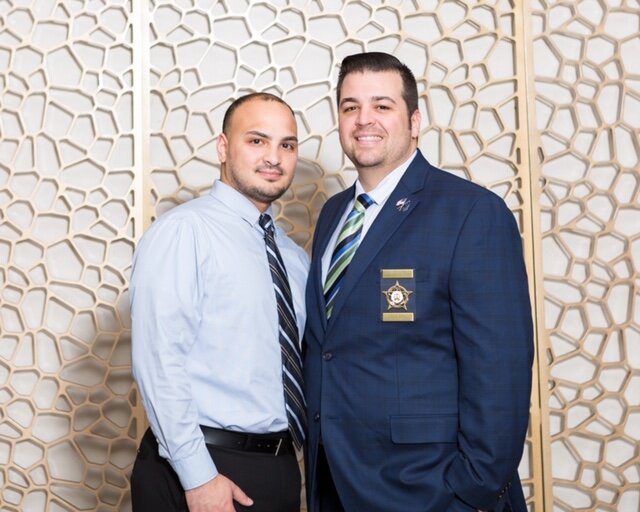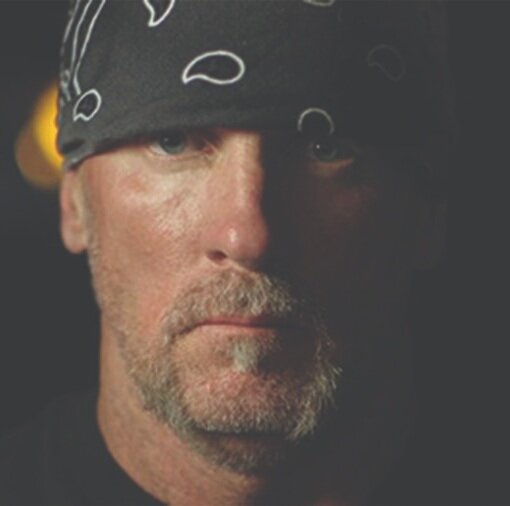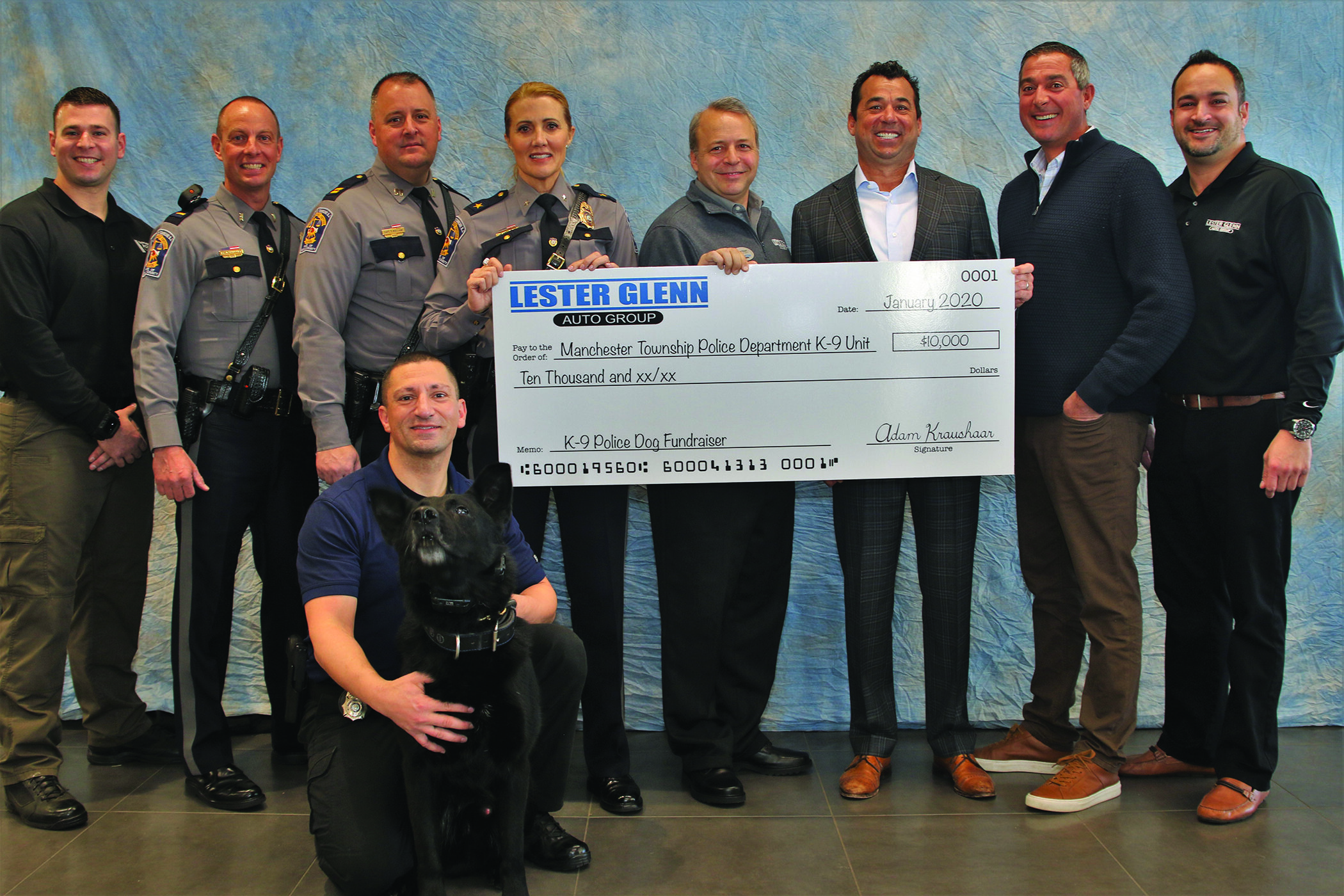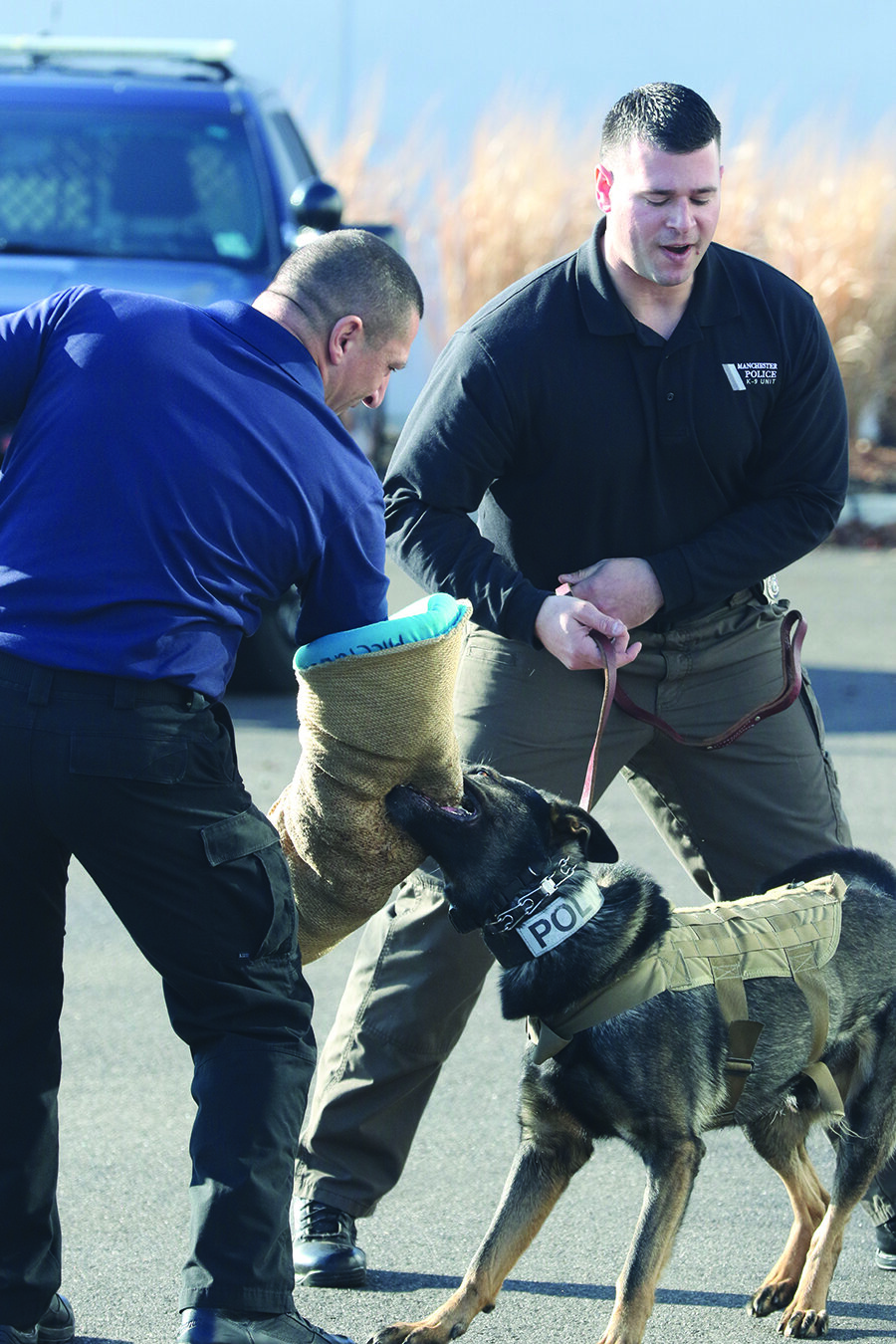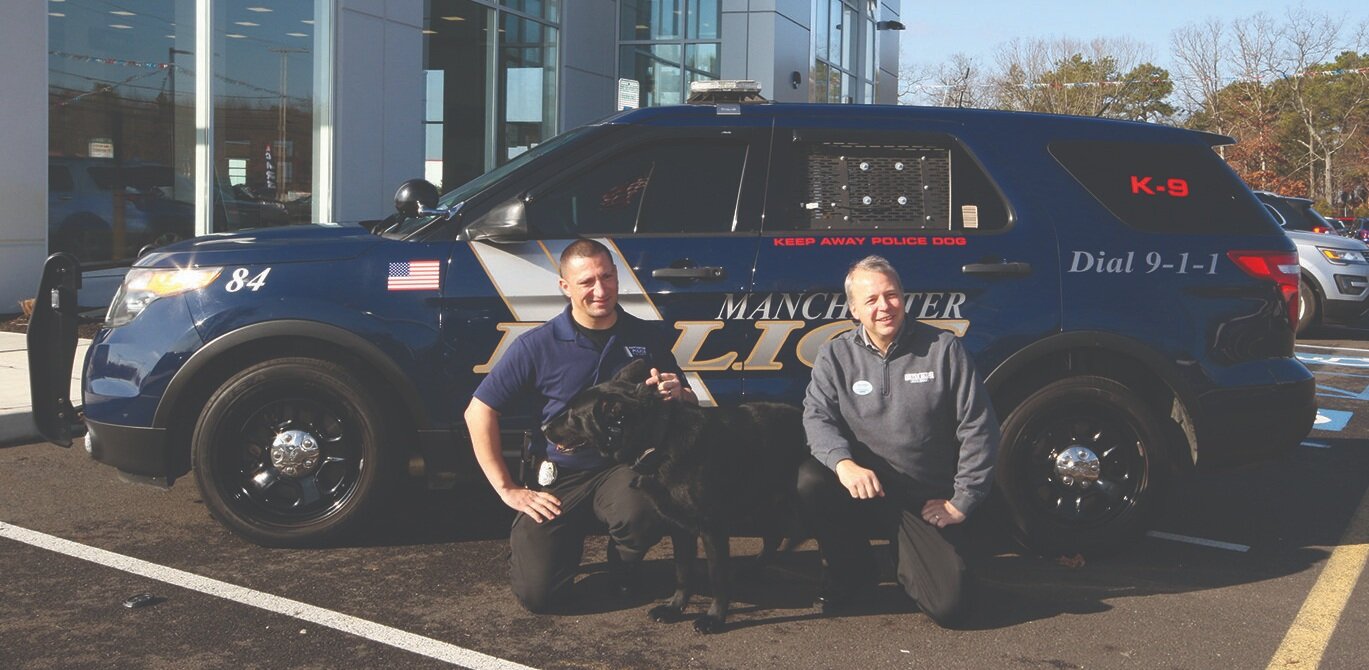What are you up to these days?
I re-connected with God. That is the most important thing for me now.
I’m not a hero. My life is full of regret, shame and embarrassment. I’ve lost many people from my life by my own hand, word or action. I must live with that, God forgives it.
I believe this, for anyone in our profession out there, if the only time you are talking to God is when you are in trouble… you are in trouble. God is first, family, friends, others are second… and I AM THIRD. I only wish it hadn’t taken 50 plus years to realize that.
What is your opinion of law enforcement being labeled as “part of the problem” in America?
Copland was betrayed and villainized by Obama, Holder and Lynch. They painted all lawmen and women as hateful, racist, bigoted, abusive enemies of the people. A few unfortunate and unacceptable events were used to cast disrespect and doubt over an entire profession while millions of civilian/criminal/violent police contacts were peacefully and safely resolved without fanfare.
We are the underappreciated, who go underpaid to do the unthinkable for the often ungrateful. Every day lawmen and women put their feet on the ground, drink a cup of coffee, kiss their family’s goodbye with no guarantee they will ever see them again. They report to duty knowing that they will be hated, despised, ridiculed, filmed, taunted, spit on, assaulted, sometimes murdered… and THEY STILL GO!
Is there anything else our readers need to know?
UC work was the most amazing experience and time in my life but it is not for everyone. I sought out opportunities to be used, to contribute, sometimes big, sometimes small, to help an investigator and friend like Joe Slatalla.
I was a shit-talking street hustler disguised as a debt collector from your local trailer park. I knew my role. It was always my honor and privilege to do what I was capable of to advance the greater good of an investigation for the sake of justice.
Jay Dobyns’ incredible journey went full circle to where he began as a young adult. He now finds himself engaged in another passionate activity, football. He is the head coach of Tanque Verde HS football team in Tucson, Arizona.
I can’t imagine a better way to finish off a wild career; coaching and mentoring our youth to be brave, disciplined and focused on anything but crime.
Check out his other book Catching Hell, available on Amazon. A special thank you to Jay Dobyns for sparing his time for the Blue Magazine.
Writer Eddie Molina specializes in leadership theory and practice but covers everything related to law enforcement. For updates, sneak-peaks, and articles follow him on Twitter @ohwowleadership














